Description
Ratanjot, also known as Alkanet root or Alkanna tinctoria, has various vernacular names in different regions and languages. Here are some of the common names:
- Hindi: Ratanjot, Ratnajyot
- Punjabi: Ratani, Ratnaji
- Gujarati: Ratanjot
- Marathi: Ratanjot, Ratnajyot
- Bengali: Ratanjot, Ratanjyot, Maha Meda
- Tamil: Cholai Poondu, Pavalai, Pavalai Ver
- Telugu: Bari Gadda, Dugdhapatra, Dugdhapatramu
- Kannada: Dugdhapatra, Kalgipatra, Kalagi
- Malayalam: Dugdhapatra, Dugdha Patram, Dugdha Patra
- Arabic: Alkanna, Al-hina
Ratanjot (Alkanet root or Alkanna tinctoria) has the following properties:
- Rasa (taste): Bitter, astringent, and sweet
- Virya (energy): Cooling
- Vipaka (post-digestive effect): Sweet
- Guna (quality): Heavy and unctuous
- Dosha (effect on doshas): Pacifies pitta dosha and kapha dosha, but can aggravate vata dosha in excess
Ratanjot, also known as Alkanet root or Alkanna tinctoria, is a medicinal herb commonly used in Ayurvedic medicine. Here are some of the potential benefits of Ratanjot according to Ayurveda:
- Anti-inflammatory properties: Ratanjot has anti-inflammatory properties that can help reduce inflammation in the body. This can be useful for treating conditions such as arthritis, gout, and skin inflammation.
- Analgesic properties: Ratanjot may have analgesic properties that can help reduce pain and discomfort in the body.
- Antimicrobial properties: Ratanjot has antimicrobial properties that can help fight off bacterial and fungal infections.
- Skin health: Ratanjot has been traditionally used in Ayurvedic medicine to treat skin conditions such as eczema, psoriasis, and acne. Its antimicrobial and anti-inflammatory properties can help soothe and heal the skin.
- Digestive health: Ratanjot is believed to stimulate the digestive system and help improve digestion. It can also help treat digestive disorders such as constipation and diarrhea.
- Respiratory health: Ratanjot has been traditionally used in Ayurvedic medicine to treat respiratory conditions such as coughs, bronchitis, and asthma.
- Wound healing: Ratanjot has been traditionally used topically to heal wounds, cuts, and burns. Its antimicrobial and anti-inflammatory properties can help prevent infections and reduce inflammation, promoting faster healing.
- Liver health: Ratanjot may have hepatoprotective properties, which means it can protect the liver from damage caused by toxins and other harmful substances.
- Cardiovascular health: Ratanjot has been traditionally used in Ayurvedic medicine to support cardiovascular health. It may help lower blood pressure and improve blood circulation.
- Anti-cancer properties: Ratanjot contains compounds that have been shown to have anti-cancer properties. Some studies have found that these compounds can help inhibit the growth of cancer cells.
- Anti-aging properties: Ratanjot contains antioxidants that can help protect the body from oxidative stress, which is known to contribute to aging and age-related diseases.
It is important to note that while Ratanjot has potential health benefits, more research is needed to fully understand its effects on human health. Additionally, it should always be used under the guidance of a qualified Ayurvedic practitioner, as it can interact with certain medications and may not be safe for everyone to use.


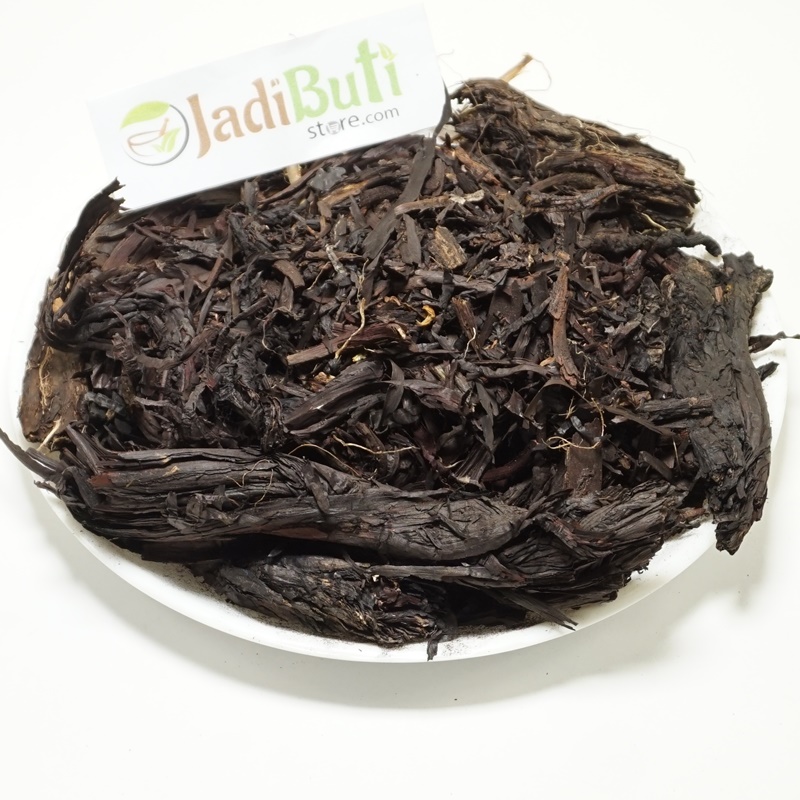
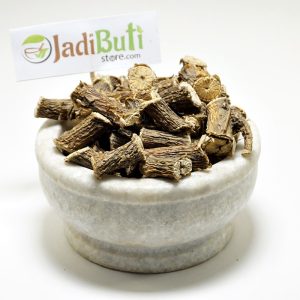

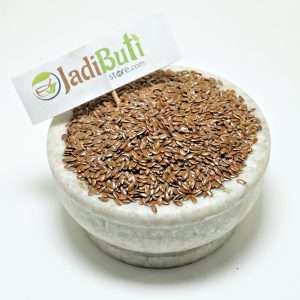

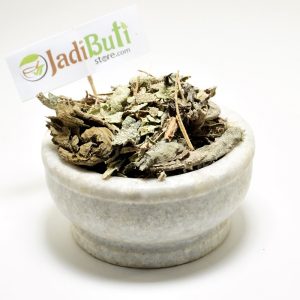
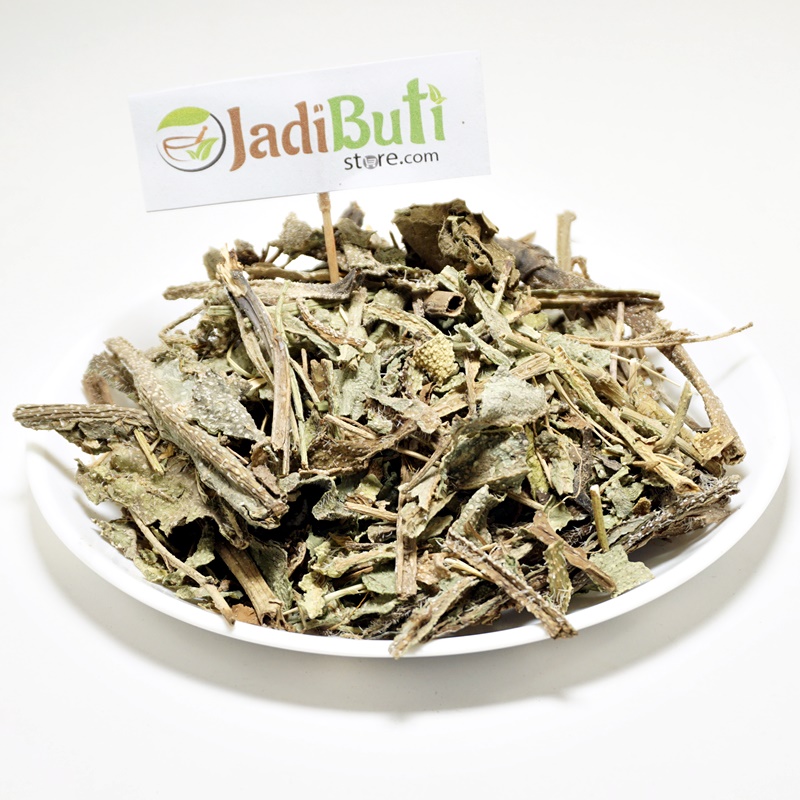
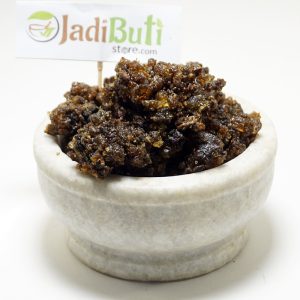
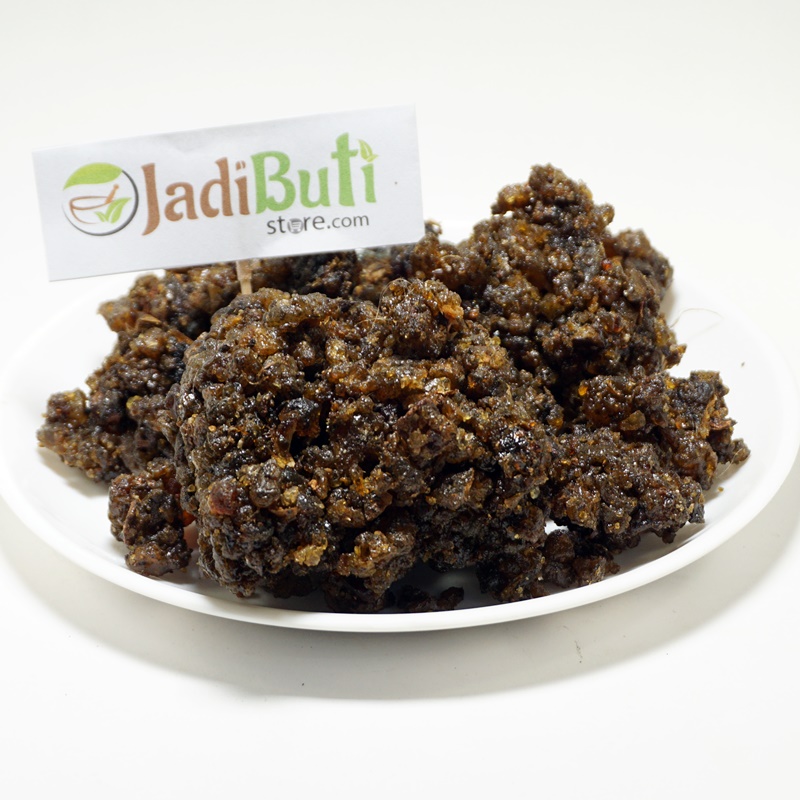
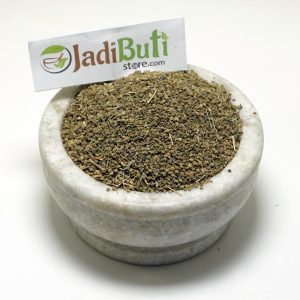



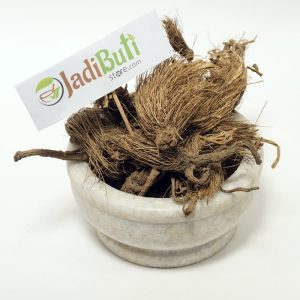
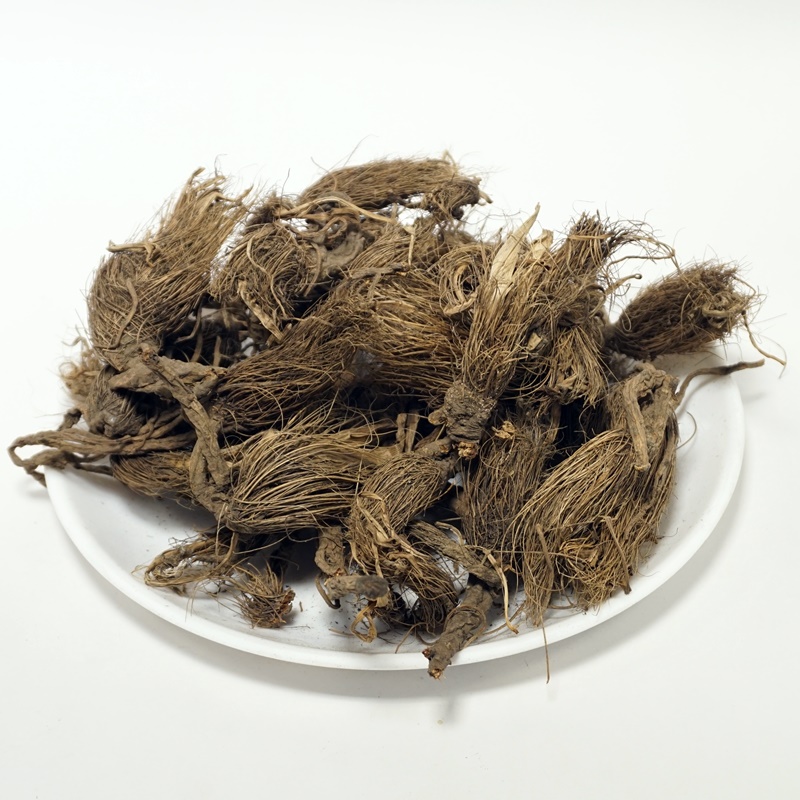
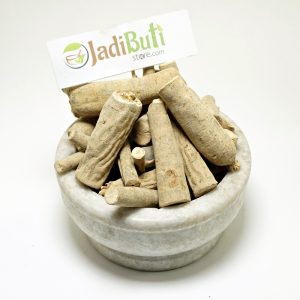
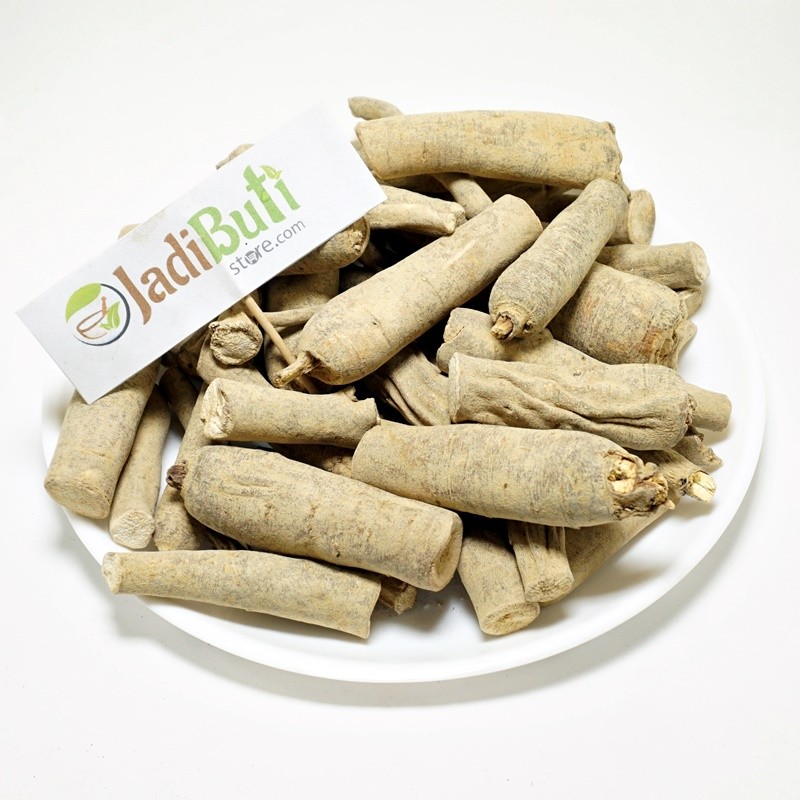
Reviews
There are no reviews yet.